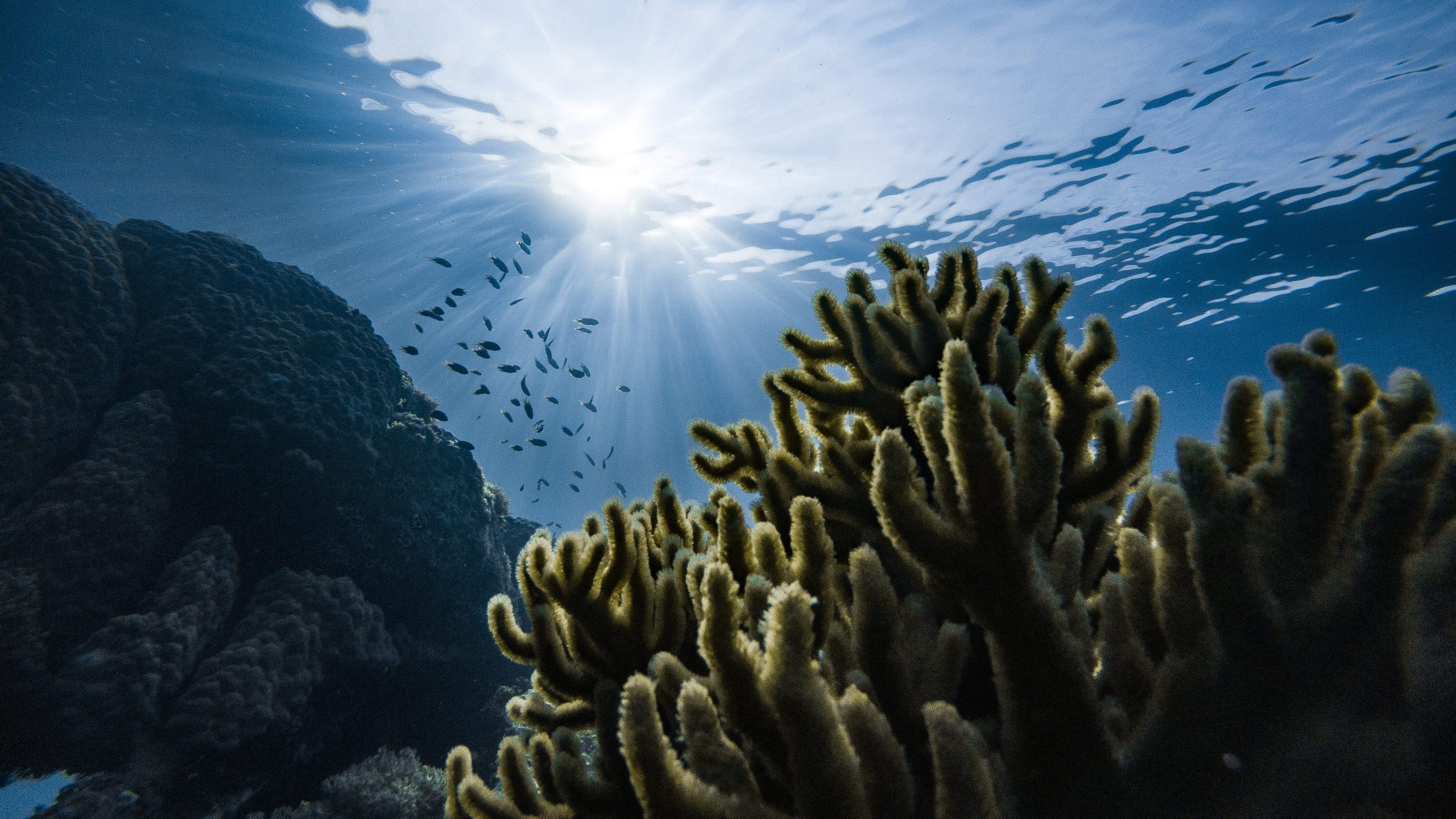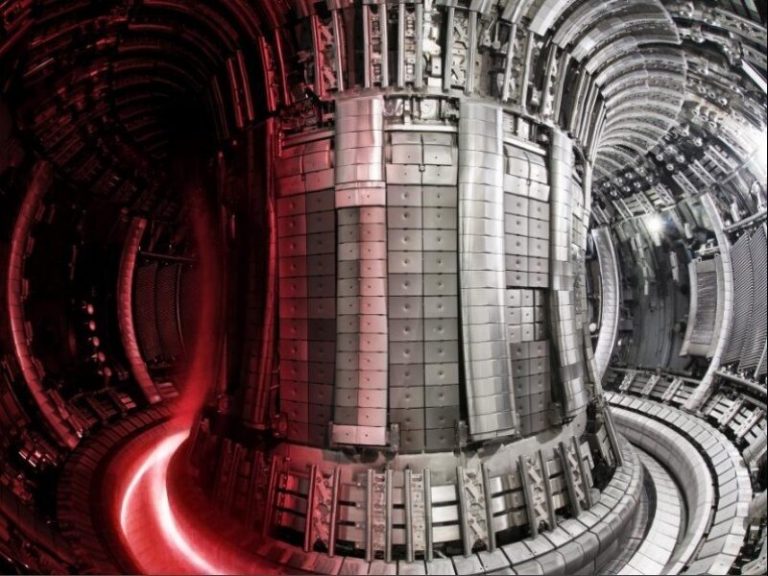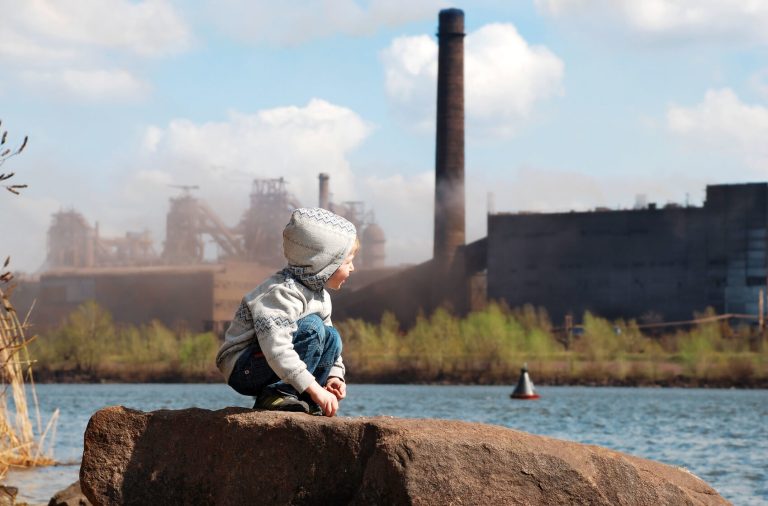Scientists are sounding the alarm. They call for immediate action

Over 80 thousand scientists from 111 scientific societies studying aquatic ecosystems call for immediate action to protect surface waters to “avoid tragic global consequences.” The appeal is about action against anthropogenic climate change.
Over 80 thousand scientists from around the world, associated in 111 scientific societies, signed the Position of the World Scientific Societies Researching Aquatic Ecosystems on the Need to Take Urgent Actions Against Anthropogenic Climate Change. Its Polish signatories are the Polish Limnological Society (PTLim) and the Polish Hydrobiological Society.
The Polish translation of the statement was published on the PTLim website. Scientists also write about the statement in a letter published in Nature.
The joint statement outlines the dramatic scale of the ongoing degradation of surface waters, warns of its consequences for humanity and calls for immediate action to stop the further destruction of aquatic environments caused by climate change. According to the authors, these actions will help “avoid tragic global consequences.”
“The world’s water resources are currently the most threatened in human history. Anthropopression accelerates climate change and thus the degradation of aquatic ecosystems, and also deteriorates the quality of the services they provide. The changes affecting our globe manifest themselves most rapidly and most strongly in surface waters. For example, the decline in the population of freshwater organisms, which is one of the measures of biodiversity, decreased by 83% between 1970 and 2014. – scientists warn
Estimates indicate that if the direction and pace of environmental degradation are not limited, up to 90 percent will disappear by the middle of the 21st century. coral reefs, which are key ecosystems in the context of preserving Earth’s biodiversity.
Secretary of the Polish Limnological Society, Ph.D. Piotr Rzymski comments in a statement sent to PAP: “Water resources are critical for the survival of humanity. If we do not take decisive action to protect them, climate change will lead to destabilization that none of us would like to witness. Mass migrations, limited food production possibilities, heat waves, fires, conflicts over water, huge economic losses. In fact, some of these effects are already observed.”
2021 will be a crucial year
“We call on decision-makers and society to make specific decisions and implement them. We need to reduce greenhouse gas emissions, but in a real way, not just on paper. The time for consideration is over. When the pandemic broke out, we were able to respond and fight it. If we exceed the critical points of climate change, it will be too late to react – we will become passive observers of events that we have previously provoked,” he adds.
Scientists in a letter in Nature point out that 2021 will be a crucial year in many respects: the November climate summit is considered the last chance to take decisive action to protect the climate, the new US administration has the most ambitious pro-environmental plan in the country’s history, and China, Japan , South Korea and the European Union declare their pursuit of climate neutrality.
Ph.D. Piotr Klimaszyk, president of PTLim, draws attention to the fact that the problem of surface water degradation and climate change is ignored. “High-ranking politicians and journalists of opinion-forming media can claim that scientific views on climate change are ambiguous and, confusing weather with climate, mock global warming after several days of frost and snowfall. However, there is scientific consensus on climate change and its anthropogenic causes – this is confirmed by the vast majority of research conducted in recent decades. Our joint appeal of global societies bringing together experts studying aquatic ecosystems also emphasizes that there are no discrepancies in the assessment of the consequences of human activity and the need for global corrective actions. The resources of available fresh water are shrinking, lakes, rivers and oceans are becoming more and more polluted, aquatic organisms are disappearing, including those that are the basis for feeding part of the human population,” he warns.
As the president of PTLim emphasizes, in Poland we are also struggling with the effects of degradation of water environments. “Water reservoirs are becoming fertilized, species and entire habitats associated with clean or cool water are disappearing. Their place is taken by thermophilic, expansive species, including those – as in the case of cyanobacteria – that produce toxins dangerous to humans. As a result of excessive exploitation, many fish species have significantly reduced their numbers,” says Piotr Klimaszyk.
In turn, prof. Włodzimierz Marszewski, head of the Department of Hydrology and Water Management at the Nicolaus Copernicus University, believes that increasing water retention in the landscape is one of the key tasks in the context of combating ongoing climate change. Slowing down runoff from catchments and retaining water in soil and water reservoirs will help reduce the effects of warming.
We must remember that the hydrosphere is one, and close connections between its individual elements occur both on a global and regional scale. Therefore, improving water conditions everywhere on Earth is an essential element in eliminating unfavorable changes on a global scale – emphasizes the scientist quoted in the release.
“Humanity is responsible for this problem and only it can solve it. Believing that it does not exist or will resolve itself is heading towards disaster. Would anyone sensible want to condemn their children and grandchildren to this? – summarizes Piotr Rzymski.






